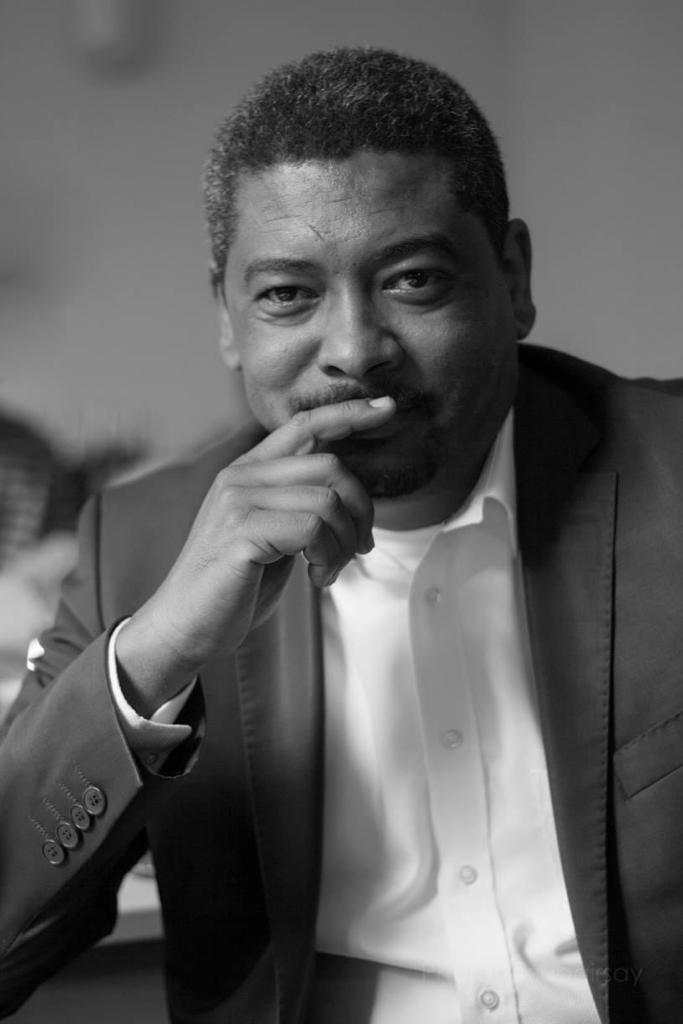Part I
I’ve written previously about Hannah Arendt and her words, “banality of evil”, she of course was referring to the Nazis, in particular about one Nazi, Adolf Eichmann. She intimated that he was neither a fanatic nor a sociopath but instead an extremely average and mundane person who relied on cliched defences rather than think for himself. She noted that he was motivated by a sort of complacency which was wholly unexceptional. When observing the current organised violence being meted out against the Palestinians in Gaza, one must ask whether the same can be said about Israel’s president Netanyahu – is he a right-wing fanatic or wholly unexceptional Israeli?
Can we say that the current Israeli administrators and their enforcers in the IDF are neither fanatics nor sociopaths, but instead extremely average and mundane persons who rely on cliched defences rather than think for themselves?
Gideon Levy, the renowned Haaretz newspaper journalist, provides three reasons (cliched defences) as to why the Israelis think they can do this, why they think it’s justified to kill, maim, imprison, and systematically exterminate the Palestinians:
We (Jews) are the chosen people.
We are the Victims.
They (Palestinians) are not humans.
Levy explains that the many Jewish people, particularly Zionist Israelis deeply believe that they are the chosen people, chosen by God himself. And as a “holy people” and having a covenant with God, they can do no wrong in proclaiming his name and providing a light to others. After all, according to Levy it was Mrs Golda Meir who said, “After the Holocaust, the Jews have the right to do whatever they want…”. Levy goes further to state that there have indeed been many occupations in the world but that the Israeli occupation is the only one where the occupier (Israel) makes bold that they are in fact the victims. Never before have we had a situation where a foreign people came and occupied the territorial integrity of other people, oppressed the latter people and then claimed that they the occupier are in fact the victims here. And finally, Levy says that if you just scratch the surface of every Jewish person in Israel you will find that they do not see Palestinians as human beings and hence any argument put forward about respecting the human rights of the Palestinians does not apply here because they are not human beings and hence must be treated as such.
These are strong and difficult words spoken by a fellow Israeli. Levy, who defines himself as a “patriotic Israeli”, criticizes what he sees as Israeli society’s moral blindness to the effects of its acts of war and occupation. And Levy is not alone in his claims (offering clear motivation to distinguish Judaism from Zionism and from the current Israeli administration led by Netanyahu).
In a recent article by Ran Goldstein (Reflections on the 7th of October Gaza War), Goldstein frames this Zionist position only slightly more sympathetically than Levy describing their framing of this war as informed by a context of the Jewish historic memory of vulnerability to persecution that goes back centuries. “Against this background. The Hamas attack on Israeli communities is seen as one link in a long chain of anti-Jewish violence.” Goldstein positions the Palestinian perspective succinctly too: The Palestinian perspective is embedded in a broader global context of decolonisation. He explains that much of the colonized world gained its political independence at the time that Palestine lost control over their homeland.
It is these two perspectives which will be pitted against each other in the ICJ in the coming days.
Dr . Oscar Van Heerden
Scholar of International Relation IR
This article will also appear in News 24, South Africa

